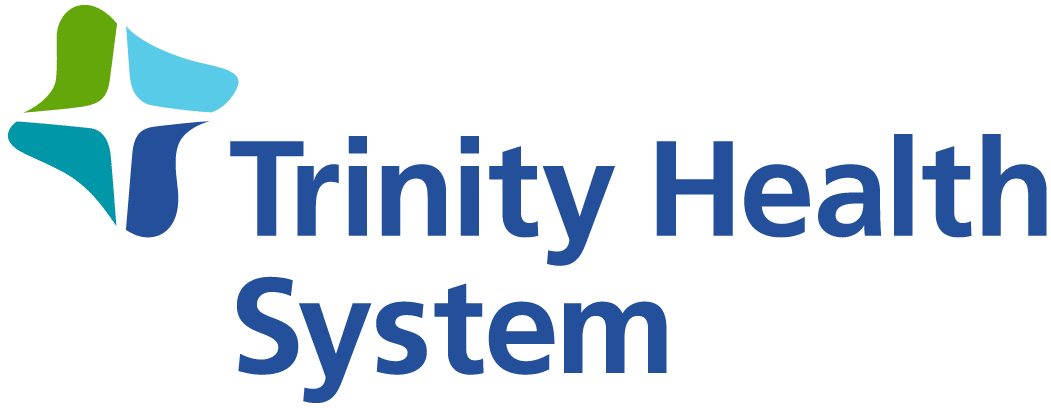According to the American Cancer Society, a risk factor is considered anything that increases your chances of being diagnosed with a specific disease. In the case of colorectal cancer, some of these risk factors are able to be change, such as weight, but some are not, like age.
Here are the risk factors in which you have control:
A sedentary lifestyle
If you don’t get enough exercise, you have a higher chance of developing colon or rectal cancer than those who do.
Poor diet
Those who eat a lot of red or processed meats, or fried, broiled, or grilled foods might be at higher risk for this type of cancer.
Being overweight
Related to a sedentary lifestyle and a poor diet, those who are considered overweight or obese are also considered to be at high risk for developing colon or rectal cancer.

Smoking
The link between smoking and lung cancer has been stressed in recent years, but there is also a risk that smokers can develop other types of cancers. If you have been a smoker for many years, you are more likely to develop this cancer than non-smokers.
Drinking alcohol
Heavy drinking can also lead to a diagnosis, and the American Cancer Society recommends “no more than 2 drinks a day for men and 1 drink a day for women” to avoid this type of cancer and other adverse health problems.
Here are the risk factors that you should know about, but that you cannot change:
Advanced age
Colorectal cancer is more common once an individual reaches age 50, and the risk of this cancer continues to increase as we age.
History of colorectal polyps or colorectal cancer
If you have been diagnosed with colorectal polyps in the past, you are at an increased risk for developing polyps or cancer again. The risk is particularly high if the patient was young when diagnosed for the first time.
History of inflammatory bowel disease
A history of inflammatory bowel disease, ulcerative colitis, or Crohn’s disease can increase your risk of colon or rectal cancer. Inflammatory bowel disease can lead to dysplasia, or cells in the colon or rectum that are abnormal but are not cancerous. These cells can develop into cancer over time if left untreated.
Family history
Though most of these cancers are found in those without a family history of the disease, “as many as 1 in 5” colorectal cancer patients have family members who have had the disease, according to the American Cancer Society.
Inherited gene mutations and syndromes
People who have certain genetic mutations that develop into syndromes have an elevated risk. Familial adenomatous polyposis (FAP), Lynch syndrome, Turcot syndrome, Peutz-Jeghers syndrome, and MUTYH-associated polyposis are the most common syndromes linked to colon or rectal cancer.
Race and ethnicity
Though the reasons are not fully understood, “African Americans have the highest incidence of colon or rectal cancer and mortality rates of all racial groups in the United States,” according to the American Cancer Society. Jews of Eastern European descent (Ashkenazi Jews) also have a high risk.
Type 2 diabetes
Those with type 2 diabetes, usually non-insulin dependent, have an elevated risk of colon or rectal cancer, as those with type 2 diabetes and this cancer have similar risk factors, like low physical activity and being overweight.
Here are other risk factors linked to this:
Working night shifts
Differences in the levels of melatonin between those who work at night and those who work during the day are thought to affect the risk of developing different types of cancer, including colon or rectal cancer.
Treatment for other cancers
Men who have overcome testicular cancer have been found to have a higher rate of developing some cancers, including colorectal. Additionally, men who have been treated for prostate cancer with radiation therapy are also at higher risk for this type of cancer.
Visit our blog on colorectal cancer prevention to learn about what you can do to lower your risk.


